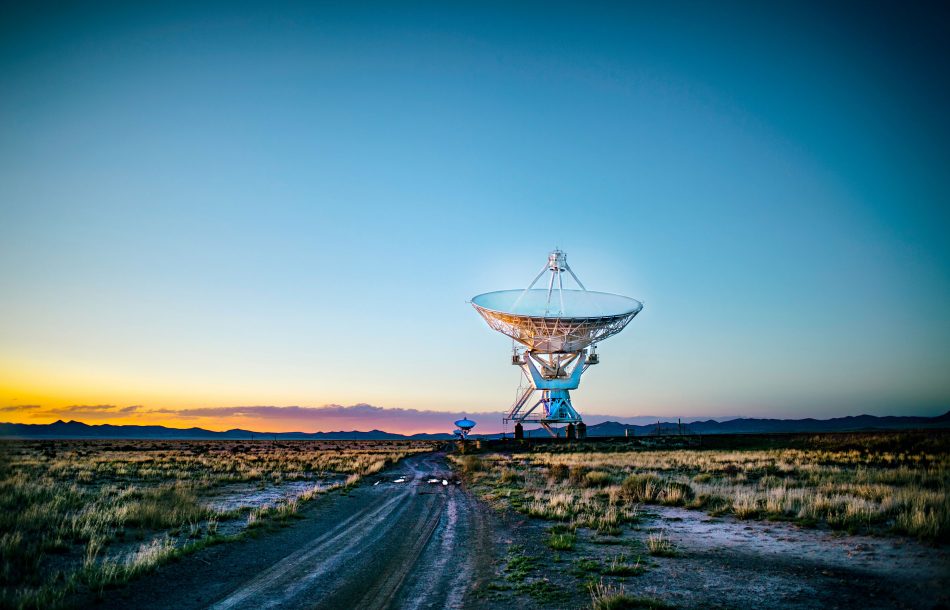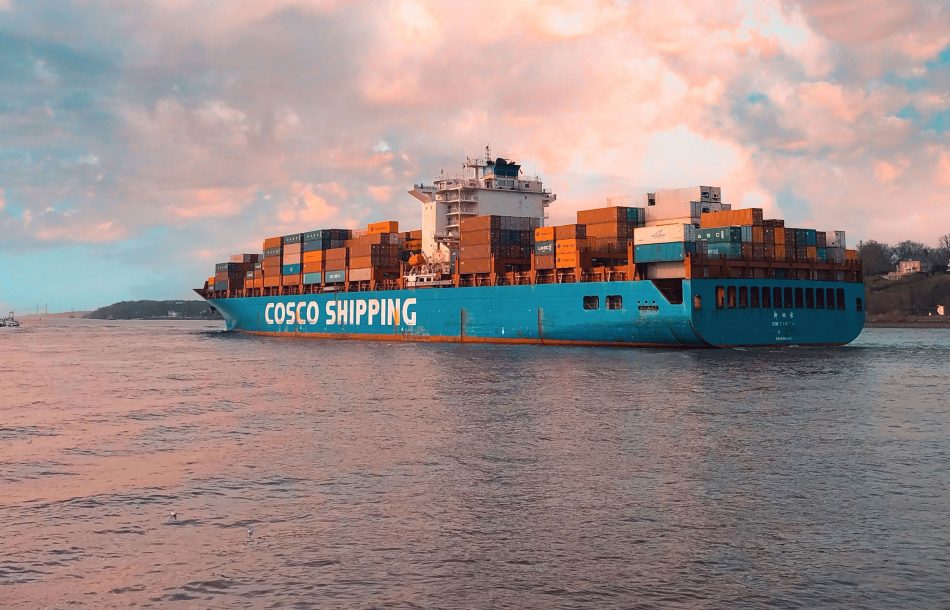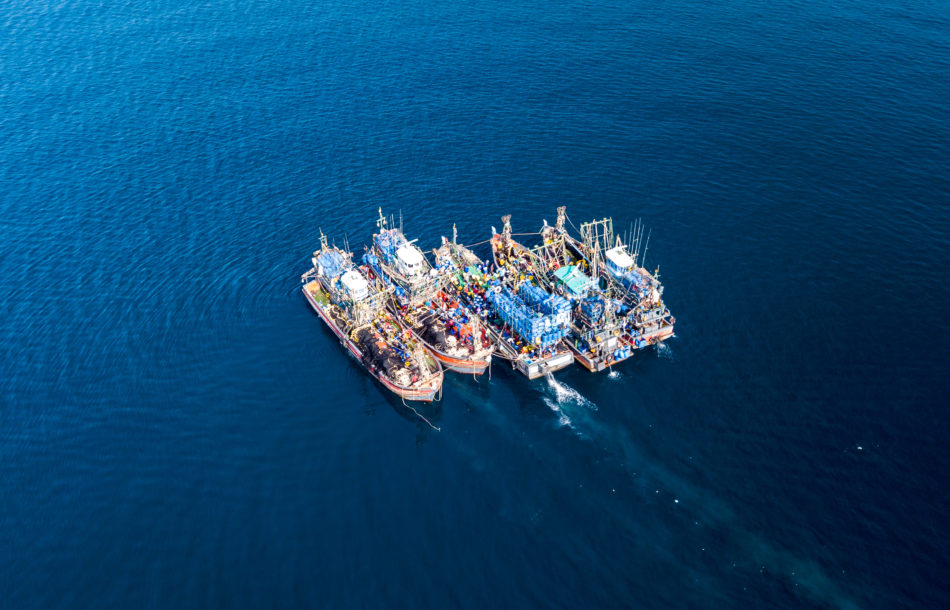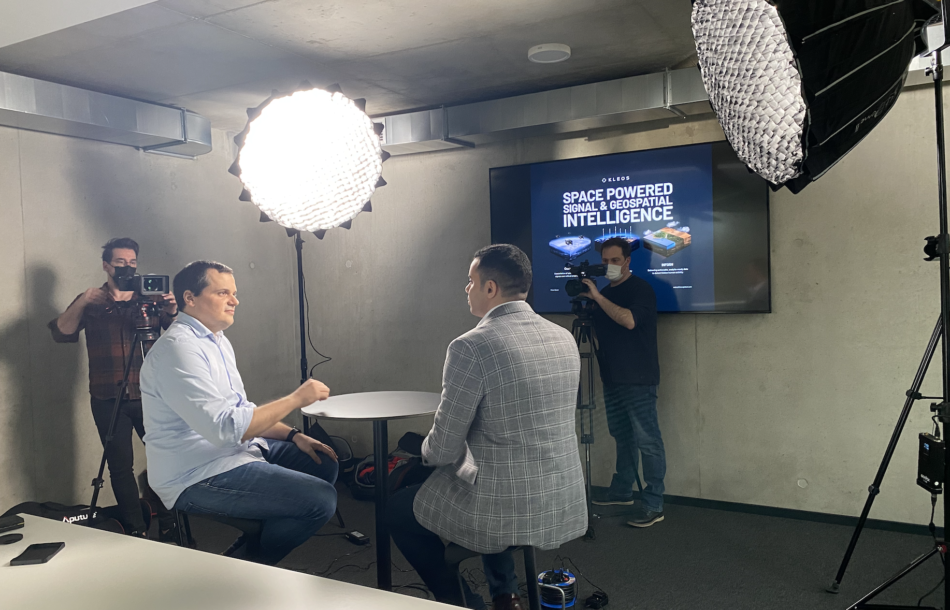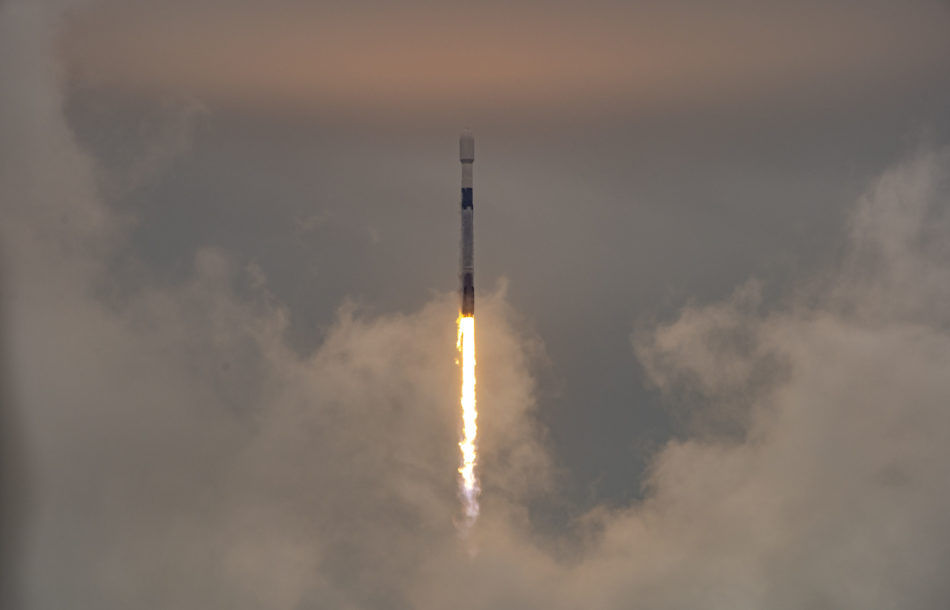Alex — Thanks for joining us. I’m here today with our Chief Revenue Officer, Eric van Eckersberg, and we’re going to talk a bit more about the business side of Kleos. What kind of of those geographic regions in road map where we go looking to cover?
Eric — So our initial focus is going to be an area of the South China Sea and one of the great advantages of RF Surveillance is that we can cover very wide areas. So, we’re looking initially to provide data of an area covering roughly four million square kilometers and if you compare that to other forms of surveillance, other ways of looking at the globe: imagery, S.A.R, aerial collect. Those can collect data over very narrow area.
RF Surveillance allows us to cover very broad swaths of the globe at once so four million squares of the South China Sea after a month or so we’re going to be providing data over other areas as we launch new clusters, we’ll be opening up other areas of the globe and so one of the advantages of having multiple clusters using polar orbits as well as equatorial orbits like we are. We’re going to be able to look at any part of the globe.
So as customer requirements come in for new areas we get new satellites up we’ll be able to respond by opening up new AOIs.
Alex — Over those AOIs, you know whether it’s South China Sea, off of Latin America, when you’re talking to customers what are the main use cases that you’re hearing so far?
Eric — The main use cases really revolve around two general areas. One is tipping and queuing and one is kind of pattern of life. So a lot of customers want to identify hidden activity, illicit activity, they may have data sets coming in from A.I.S on ships, they may have imagery other sources of data. They’re looking for an another way to identify ships and other activity that that doesn’t fit the the pattern right? So ships that may turn off their A.I.S, they may be spoofing A.I.S, or just may not have A.I.S at all. Other activity that’s that’s out of the norm.
So the use cases primarily we’re talking about with customers now or maritime since we are focusing our initial collection on over the oceans and that includes national security requirements, drugs, smuggling, narcotics, things like that, proliferation, regulatory issues, such as fisheries control, border control, and then we are hearing about terrestrial land-based requirements from other customers, but we’ll be looking into those later.
Alex — When you mention the patterns of life where we also differentiate and is really powerful for us is that we will be downlinking every piece of data that we get. There’s no on-board processing, so when we start to launch more and more clusters that archive is going to become incredibly robust and powerful to look at those patterns of life identifying anomalous activity and things like that right?
Eric — Exactly, yeah.
Alex — Excellent, well thank you so much and if you’re interested in learning more please visit us at kleos.space and we encourage you to sign up for data evaluation.

